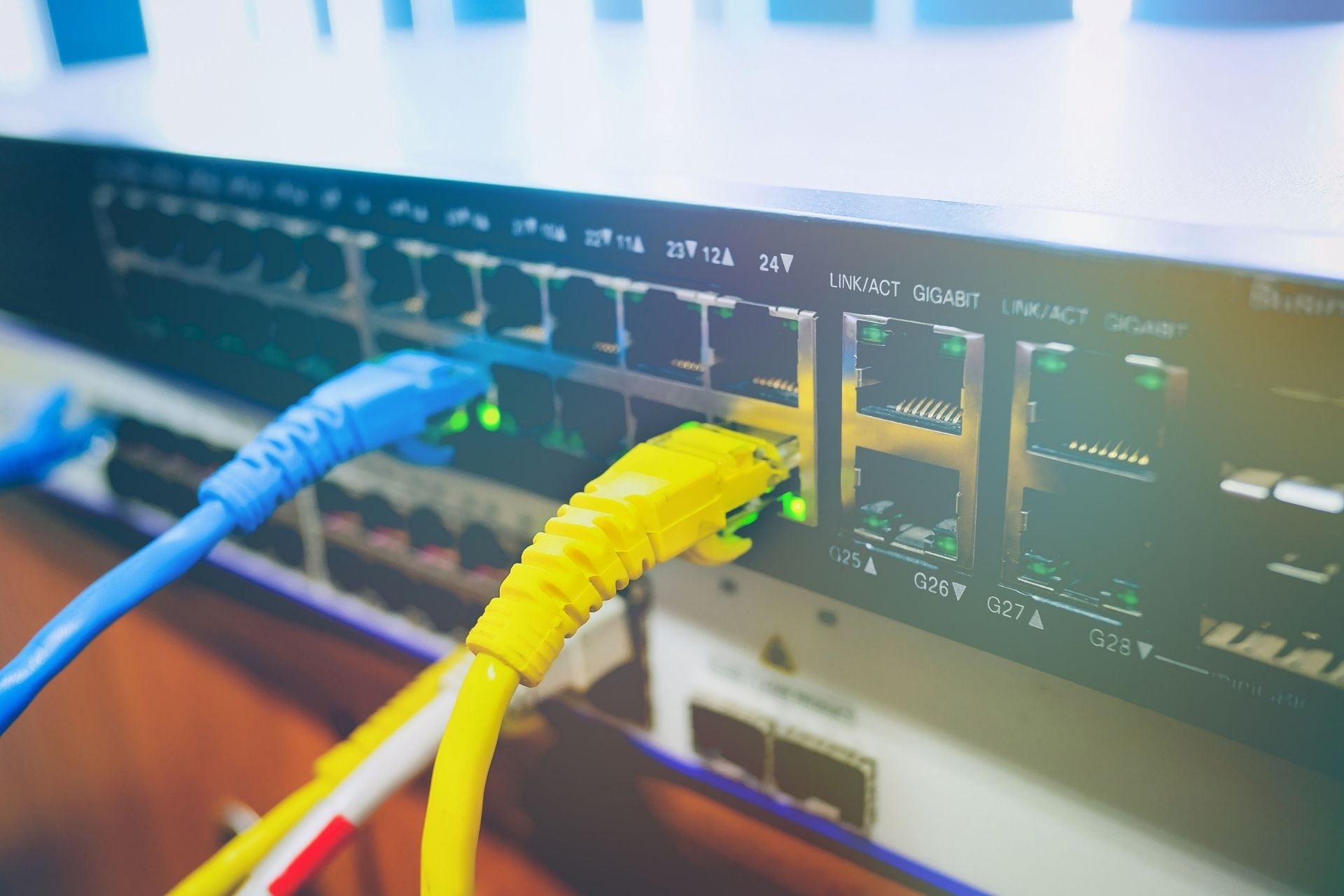Bulk Internet Services, Technology and Equipment
What are the different types of bulk internet services available for businesses?
Businesses have access to various types of bulk internet services to meet their specific needs. These include dedicated internet access (DIA), fiber-optic internet, Ethernet over Copper (EoC), and broadband internet. DIA offers a dedicated connection with guaranteed bandwidth, while fiber-optic internet provides high-speed and reliable connectivity. EoC utilizes existing copper infrastructure for cost-effective solutions, and broadband internet offers affordable high-speed options for smaller businesses.
For businesses seeking efficient and cost-effective solutions, Bulk Internet Services, Technology, and Equipment offer a comprehensive approach to managing online operations. To learn more about Bulk Internet Services, Technology, and Equipment, visit: https://www.mdudatacom.com/bulk-internet-and-bulk-wifi. With these services and equipment in place, companies can streamline their online connectivity, enhance network reliability, and scale their operations seamlessly.







